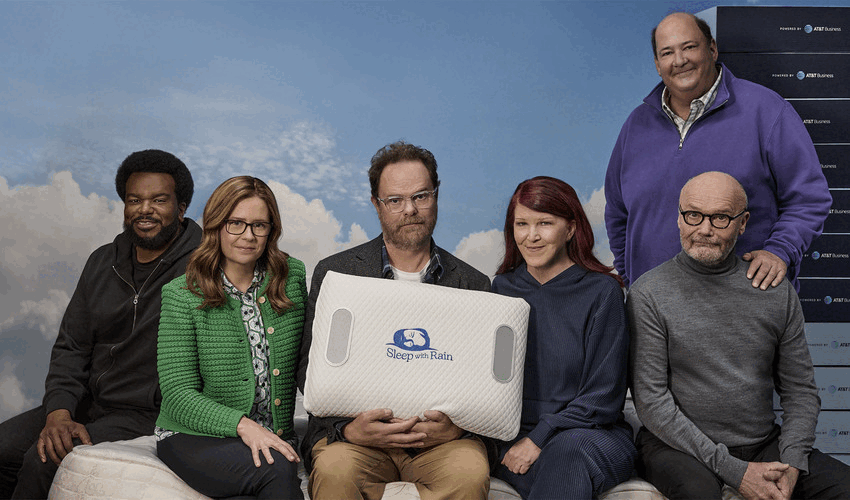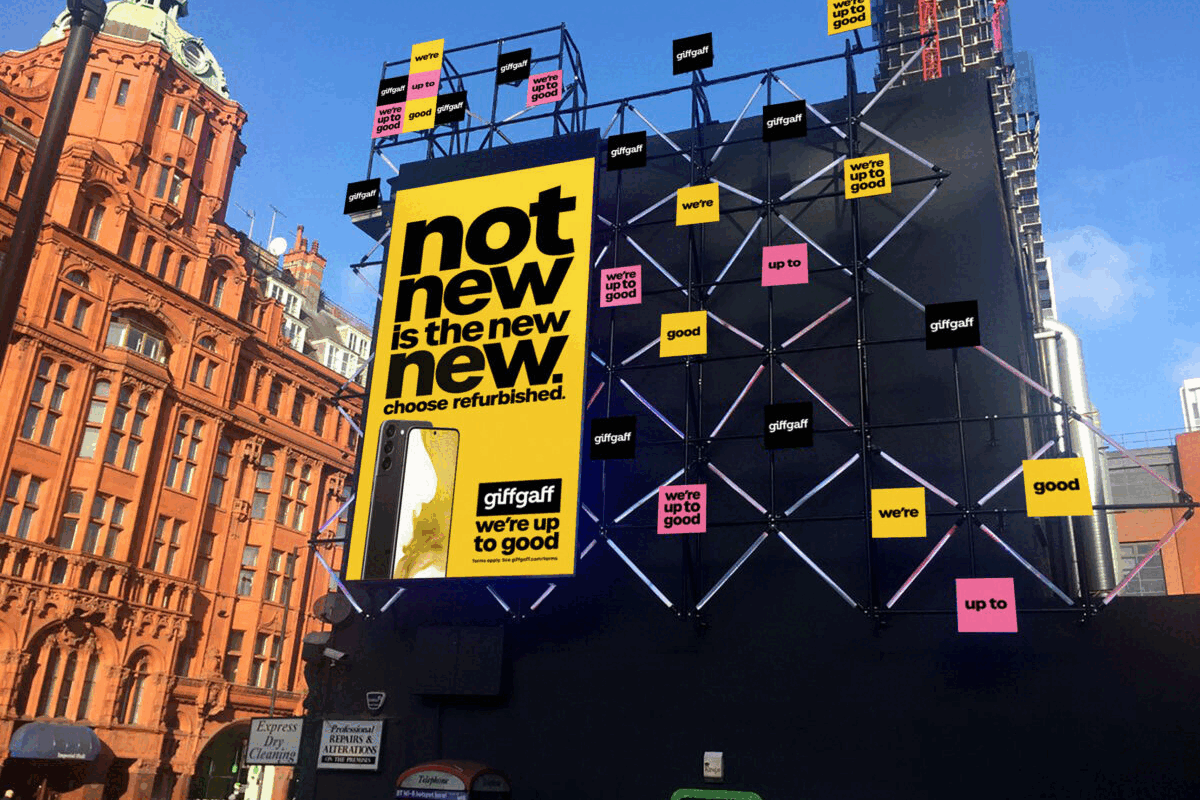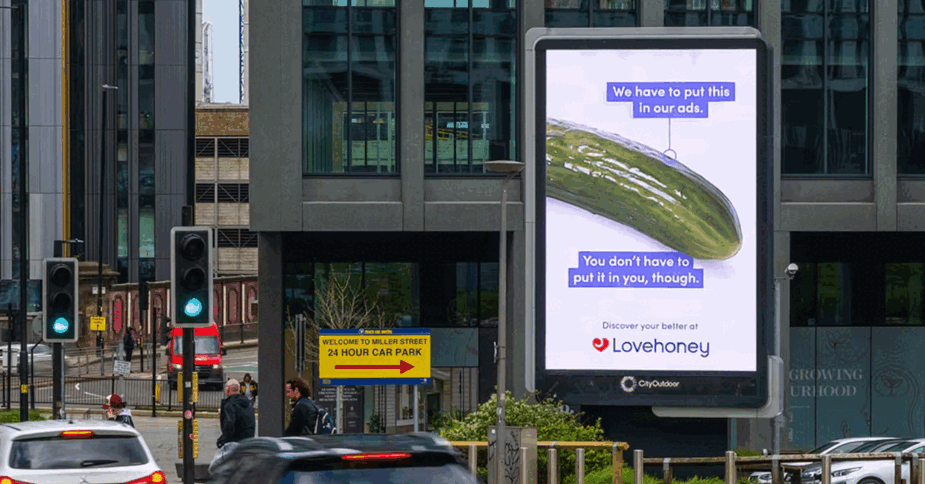Facebook posts strong results but admits time spent on the platform is down 5 per cent
- Thursday, February 1st, 2018
- Share this article:
![]() Facebook has announced its Q4 and full-year results for 2017. Revenues for Q4 came in at $12.97bn (£9.1bn), 47 per cent up on the Q4 2016 figure of $8.8bn. Ad revenues made up the vast majority of this at $12.78bn, with mobile accounting for 89 per cent of this figure, up from 84 per cent in Q4 2016. Profits for the quarter were 20 per cent up year-on-year at $4.27bn, despite an one-off $2.27bn tax payment on overseas profit, due to the new US Tax Cuts and Jobs Act.
Facebook has announced its Q4 and full-year results for 2017. Revenues for Q4 came in at $12.97bn (£9.1bn), 47 per cent up on the Q4 2016 figure of $8.8bn. Ad revenues made up the vast majority of this at $12.78bn, with mobile accounting for 89 per cent of this figure, up from 84 per cent in Q4 2016. Profits for the quarter were 20 per cent up year-on-year at $4.27bn, despite an one-off $2.27bn tax payment on overseas profit, due to the new US Tax Cuts and Jobs Act.
In December 2017, Daily Active Users stood at 1.4bn with Monthly Active Users at 2.13bn as of 31 December, both figures showing a 14 per cent increase on Q4 2017.
Revenues for the full year came in at $39.94bn, a 49 per cent increase on the full-year 2016 figure of $26.89bn. Profits were up 56 per cent year-on-year at $15.9bn. The company also reported a 47 per cent year-on-year increase in headcount to 25,105, including 14,000 people working across community ops, online ops, and Facebook’s security efforts, almost double the number of a year ago.
Facebook CEO Mark Zuckerberg also revealed in a post on his own feed that the company has built new technology to detect suicidal posts that has helped first responders reach more than 100 people who needed help quickly, and that 99 per cent of the ISIS and Al-Qaeda-related terror content Facebook takes down is now removed before anyone flags it to the company.
Despite the growth, Zuckerberg described 2017 as “a hard year”, writing: “The world feels anxious and divided – and that played out on Facebook. Weve seen abuse on our platform, including interference from nation states, the spread of news that is false, sensational and polarizing, and debate about the utility of social media. We have a responsibility to fully understand how our services are used, and to do everything we can to amplify the good and prevent harm. This is my personal challenge for 2018.”
Zuckerberg’s post also revealed that the recent changes made to the algorithms that decide what is shown in users’ news feeds had reduced the time spent on Facebook by roughly 5 per cent in Q4, equating to 50m hours less each day. Commenting on the development, Zuckerberg wrote: “Let me be clear: helping people connect is more important than maximizing the time they spend on Facebook…. we dont normally share time metrics because theyre not the best way of understanding engagement. But this shows how committed we are to making sure the time you spend is valuable.”
This news caused Facebook’s shares to drop 4.5 per cent in after-hours trading, but they recovered to 2 per cent above the closing price after CFO David Wehner told analysts in an earnings call that the company would benefit from a weaker dollar in the first half of the year.
In his post, Zuckerberg also said that Facebook has started rolling out a major ads transparency effort, launching a way for anyone to view the ads a page is running on Facebook, Instagram and Messenger, even if they arent the intended audience. It’s being tested in Canada, with the aim of rolling it out in the US this summer ahead of the mid-term elections.
Finally, Zuckerberg revealed that, following the launch of the Messenger plugin that enables users to chat live with companies through the platform, more than 2bn messages are sent between businesses and customers every month.
















